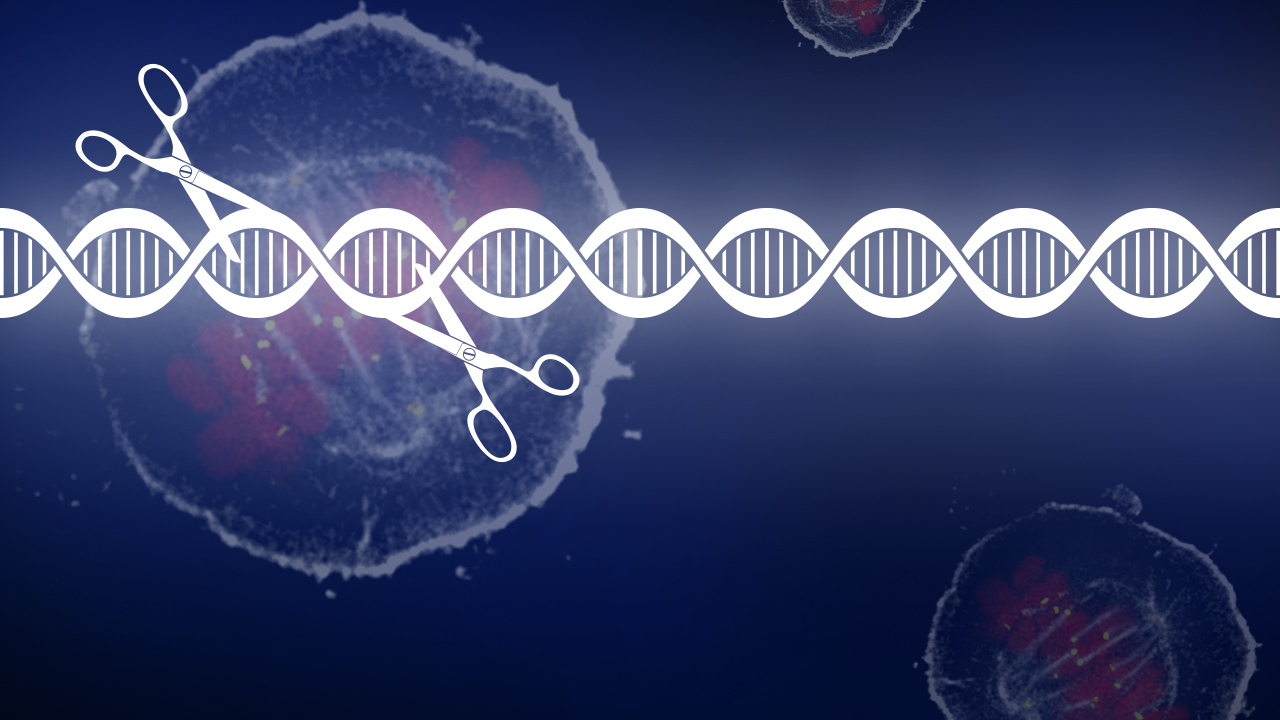Aggregated News

The gene-editing system, CRISPR-Cas9, is truly revolutionizing medicine: in the future, it may help us eradicate ailments from sickle cell, cancer, and even blindness.
While this system allows scientists to make changes to DNA, the changes are permanent. On the one hand, this is useful, because it could potentially cure genetic diseases without requiring a lifetime of treatment.
The downside is that unintended consequences of the edits are difficult to fix — especially "off-target" edits, where CRISPR changes the wrong stretch of DNA. This is a huge concern for the scientific community — no one wants to be responsible for genetic mutations that go awry.
But what if the changes were not permanent? What if we could simply turn CRISPR off whenever we wanted?
An off switch: A team of researchers at MIT and UCSF has developed a new gene-editing system that they call "CRISPRoff."
According to the researchers, this system can change how specific genes behave, much like CRISPR, while leaving the DNA strand unaltered — and even better, these modifications are completely reversible.
How it works: The traditional...



